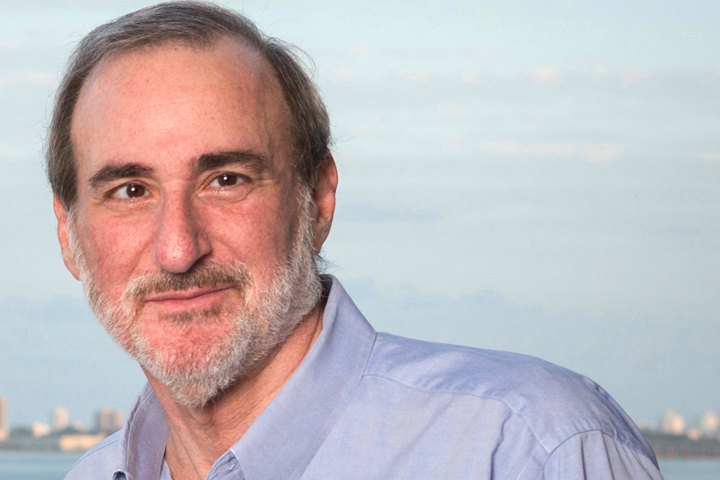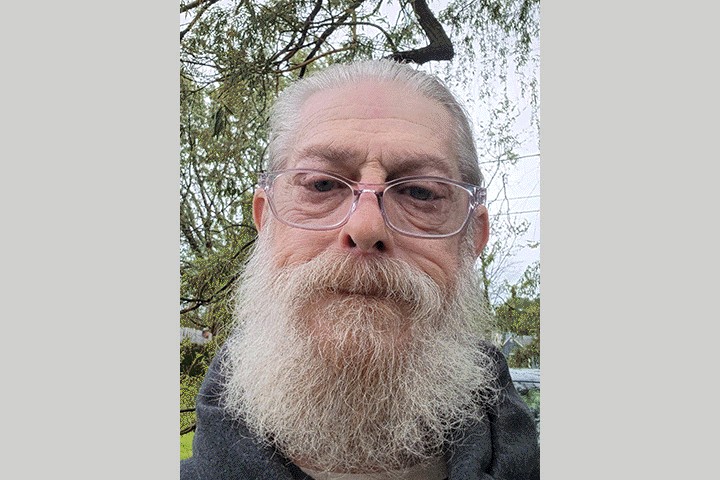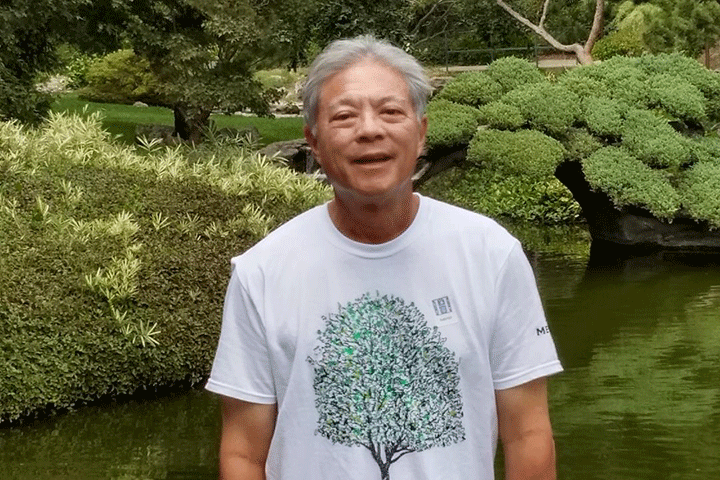Far More Time than I Originally Expected

- Chemotherapy, SBRT, and a Whipple to start treatment
- Cancer returns; chemotherapy with FOLFIRINOX
- After another return, more chemo
I was diagnosed with pancreatic cancer in June 2013.
I had diarrhea but didn’t think anything of it. Then one day my stools were white and my urine was dark. That caught my attention. By coincidence, I had a urology appointment that day, and my urologist sent me to the right doctors. After tests including an ultrasound, MRI, and upper endoscopy, we knew what was wrong.
After diagnosis I went to Sylvester Comprehensive Cancer Center in Miami, Florida, where I saw Dr. Caio Max Rocha Lima (now with Atrium Health Wake Forest Baptist, in North Carolina). He put me on the chemotherapy combination of Gemzar and cisplatin.
I then went to Johns Hopkins in Baltimore, where I worked with oncologist Zeshaan Rasheed (now with AstraZeneca). I underwent SBRT treatment on the tumor with Dr. Joseph Herman (now at Northwell Health in New York) in January 2014. These treatments enabled me to undergo a Whipple procedure with Dr. Kenzo Hirose (now at the University of California, San Francisco) in March 2014. Unfortunately, in August 2014, the cancer returned and spread to other parts of my body. My cancer was now stage IV.
I went back to Sylvester, where I began a new chemo regimen, FOLFIRINOX. For a year FOLFIRINOX kept the cancer in check, and it was not visible on scans. I then went on a lighter, maintenance chemo (5-FU and leucovorin), which kept the cancer in check and left me with fewer side effects.
But in October 2016 the cancer again became visible on scans, and I went on the chemo combination of Gemzar and Abraxane. After nine months, the cancer remained small on scans, but my CA 19-9 marker went up. I was scheduled for NanoKnife surgery in mid-August 2017, with Dr. Govindarajan Narayanan, but pre-surgical scans showed the location was not a tumor but the anatomy of my digestive system post-Whipple, so I did not have the treatment.
Staying Informed
My path has not always been smooth. There have been side effects, including at various times diarrhea, neuropathy, baldness, fatigue. I have had to make some difficult decisions about treatment. But they have worked. I am stage IV, yet still alive, enjoying life.
Keeping up with medical treatments has been essential. I read online forums on pancreatic cancer; I read materials from Let’s Win; and I speak to other people fighting the disease. I meet with Dr. Jaime Merchan, an oncologist at Sylvester, and consult with Dr. Dung Le, an oncologist at Johns Hopkins. I ask them questions, and take notes on their answers.
I have undergone genomic testing of my tumor. The tests revealed that I have quite a few genetic mutations, but the test results have not yet influenced my treatment. The science is developing quickly, so I may have additional testing done in the future.
I have not yet participated in a clinical trial, but I’ve discussed trials with my doctors occasionally. I monitor trials, thinking ahead to when I may choose to participate in one.
Life with Pancreatic Cancer
When I was diagnosed, in June 2013, I was told that there were no support groups for pancreatic cancer survivors, because people don’t last long enough for a group to exist. After a year, I knew that was wrong. So I created a group, with the help of others, called the Pancreatic Cancer Group of South Florida. Long-term pancreatic cancer survivors get together every few months. We share stories and experiences. We hear from medical experts. We celebrate victories, and we mourn losses. We have become a community.
I recognize that I am likely to have a shortened life because of the pancreatic cancer. But my treatments thus far have given me far more time than I expected. And I have in the back of my mind that if I am able to hold on long enough, then perhaps scientists will be able to develop a treatment—perhaps immunotherapy—which will make pancreatic cancer a chronic illness, rather than a death sentence, which it often is.
Five months after his story was published, Robert passed away. The support group he created will continue to provide help and education to other pancreatic cancer patients. We offer our deep sympathy to his family.



